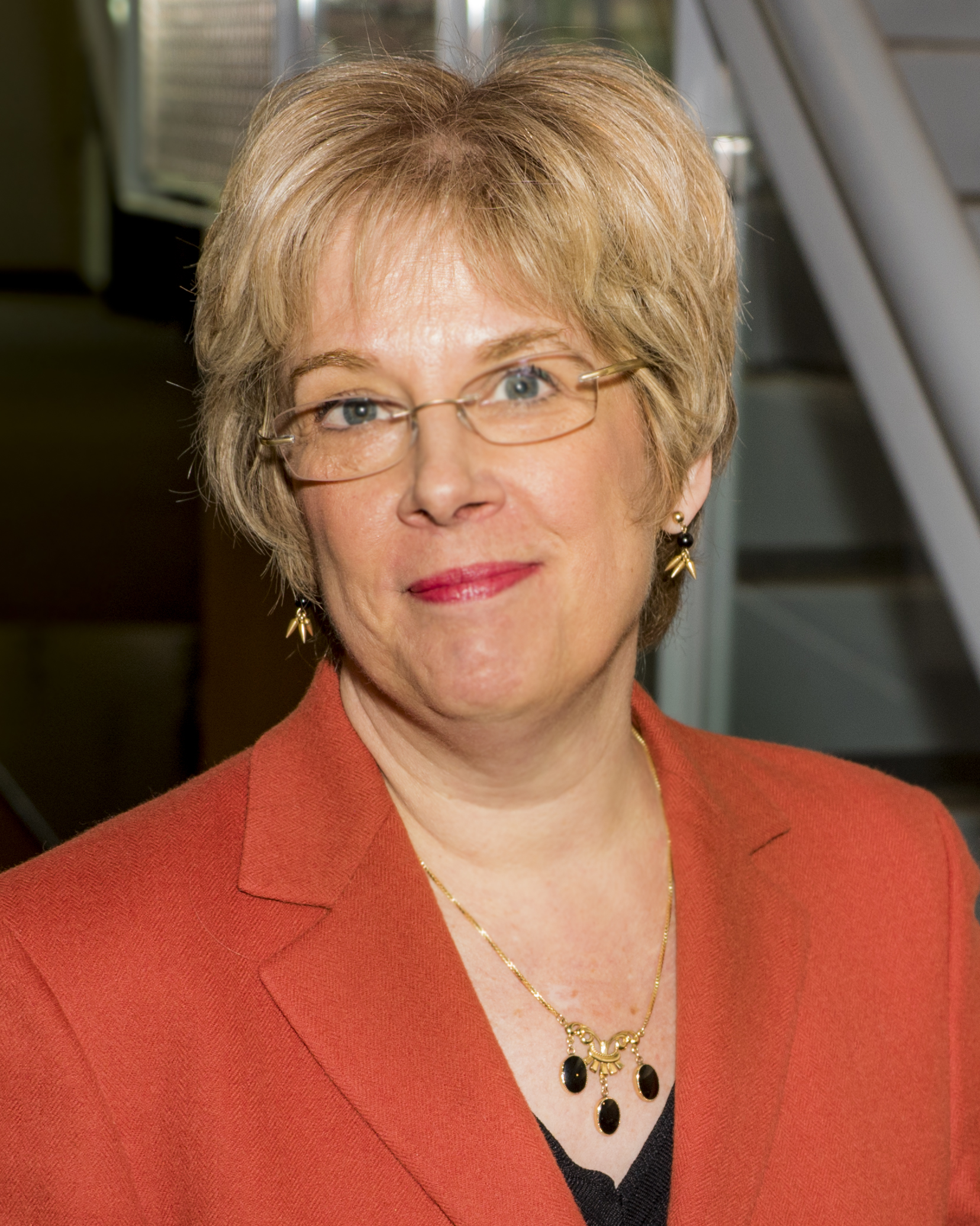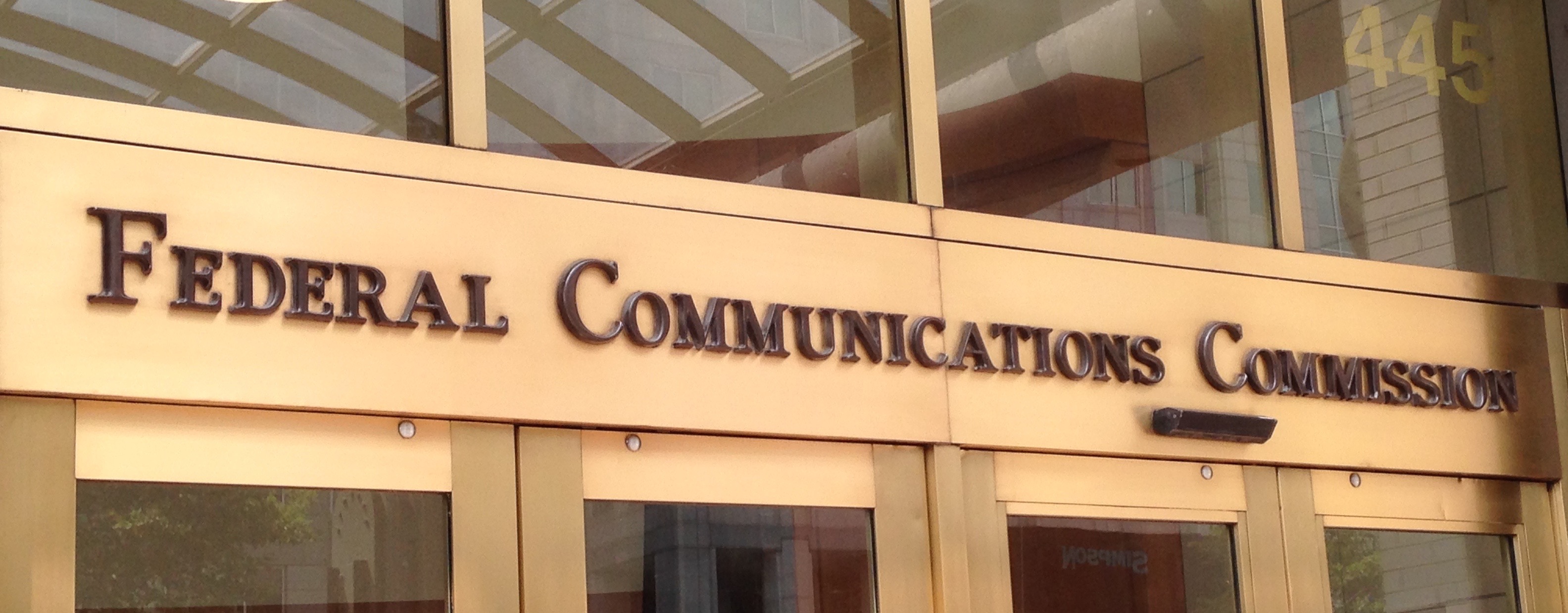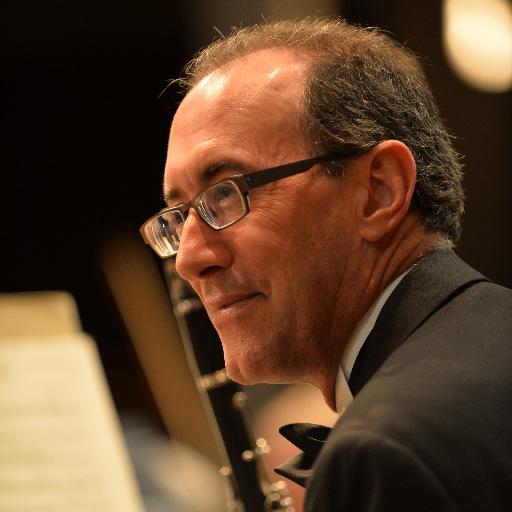System/Policy
Pubcasters press for relief on FCC rule requiring board data
Stations fear the new rule could discourage board participation.KUSP-FM board recommends sale as station cuts entire staff
Members of the station's foundation will vote on the sale Wednesday.TV station leader sees strong future in building community, face to face
WITF’s Kathleen Pavelko on the importance of “the oldest and most old-fashioned platform ever.”Clearing target for spectrum auction signifies strong interest, possible high payouts
The FCC also announced a starting date for the auction.Community group cites value of reduced staff costs in bid for KPLU
The proposal would lower the amount Friends of 88.5 FM needs to raise by June 30.Radio’s first spoken weather forecast, brought to you by St. Louis University
Though documents disagree on the exact date, most record April 27, 1921, as the date of the first voice transmission of a ...A station CEO on the struggle to find public TV’s “driving force”
Steve Bass of Oregon Public Broadcasting reflects on the relationship of PBS and its member stations in the face of digital disruption.WTTW’s licensee anticipates break-even year after budget cuts
The organization cut over $800,000 in expenses in February.Survey finds ‘areas of sensitivity’ in foundation support for nonprofit news
Most newsrooms lack clear guidelines, and funders are upfront about agendas.As Philadelphia newspapers turn to nonprofits, who is ‘public media’?
The arrival of a new institute expands the city’s “vibrant economy” of publicly supported journalism.CPB will review stations’ technology needs, look to fill gaps
The project comes at a time when funding is scarce for changing equipment.Petition calls for higher pay for WNYC interns
Nearly 300 people have signed the Change.org petition.How the fight over public media is missing the point
Public media is more than just content or a platform.‘Changing business realities’ shape talks over NPR programming dues
NPR will increase member station dues next year and is beginning a process to refine its formula for 2018 and beyond.Joint licensees breaking down TV, radio barriers
Even pubcasters with both platforms find that collaborations take work.











